China warns Japan's return to path of militarization 'dangerous'
China has warned that Japan's tendency to return to the path of militarization is "very dangerous," urging Tokyo to "learn from history" and act with care in the field of military security.
At a press conference on Thursday, spokesperson for China's Ministry of National Defense Senior Colonel Tan Kefei said Japan had played up "external threats" in recent years and significantly strengthened its military budget.
"Japan's tendency to resume the path of militarization is very dangerous and deserves high vigilance from the international community and countries in the region," he said.
"We urge the Japanese side to earnestly learn from the lessons of history, [and] be cautious in words and deeds in matters of military security," Tan said, urging Tokyo to stop doing things that harmed regional peace and stability.
Back in 1947 and following its formal surrender to the Allies at the end of World War II, Japan renounced war or threat of force as a sovereign right. However, Tokyo unveiled a five-year $315-billion military expansion last year, claiming that the huge budget was needed to deter Beijing from using force in the East China Sea, home to a disputed chain of islands.
The group of uninhabited islets, known as Senkaku in Japan and Diaoyu in China, are the centerpiece of a long-running territorial dispute between the two East Asian heavyweights with a long history of unresolved conflict.
The islands were transferred by the United States to Japan's administrative control in 1971, triggering a territorial dispute with China, which claims the discovery and ownership of the islands from the 14th century. Tokyo, however, insists that it had ownership of the islands from 1895 until its surrender at the end of World War II.
Japan's biggest military build-up since then will enable it to buy missiles capable of striking China.
China itself is planning a 7.2-percent increase in its defense spending this year, arguing that the slight rise in the budget serves only defensive purposes.
"What needs to be emphasized is that China's limited defense expenditure is entirely for safeguarding national sovereignty, security, and development interests, and for maintaining world and regional peace and stability," Tan further said.
He also stressed that China was committed to the "path of peaceful development and follows a national defense policy that is defensive in nature," emphasizing that Beijing's defense spending was open and transparent within a reasonable and appropriate level.
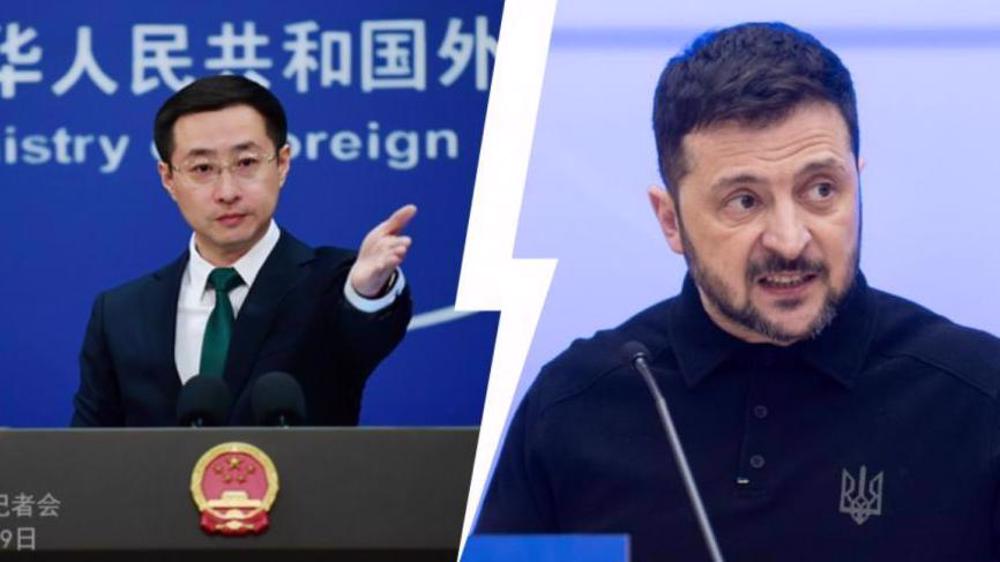
China dismisses Ukraine's allegation of weapon supplies to Russia as 'groundless'
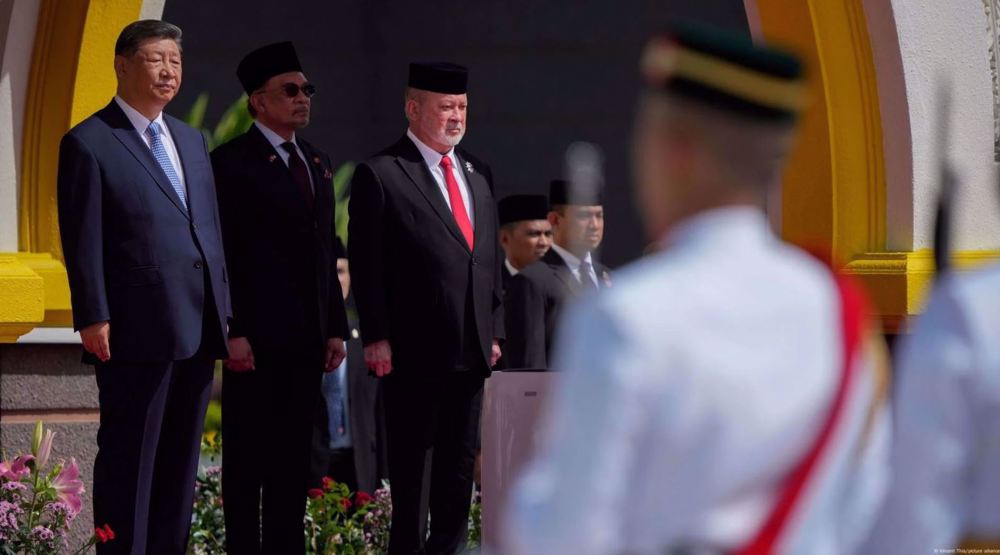
China says stands with Malaysia, region in face of unilateralism
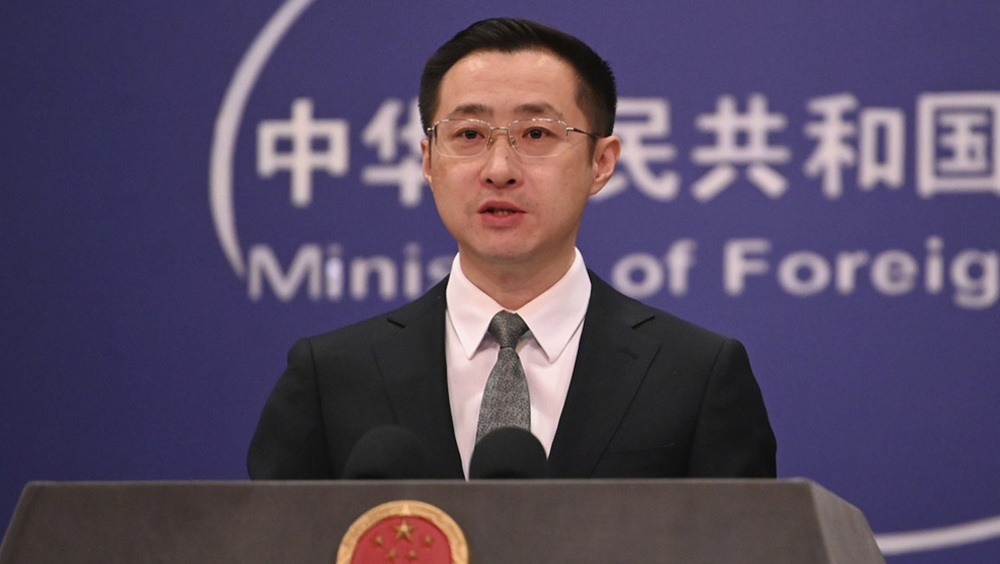
China says 'not afraid to fight' trade war with US
VIDEO | USAID: Goodbye to American carrot
US military conducts 13 airstrikes against Yemen overnight: Report
‘Hannibal Directive’ at play as Al-Qassam Brigades lose contact with Edan Alexander
Trump threatens to abandon Ukraine negotiations amid stalled peace talks
VIDEO | Protesters in Damascus reject Mahmoud Abbas, back resistance
Analysis: As indirect nuclear talks resume in Rome, why is Iran distrustful of US
Trump admin ramps up pressure on Harvard, demands records on foreign ties
Palestinian journalist, family members killed in Israeli airstrike on their home in Gaza


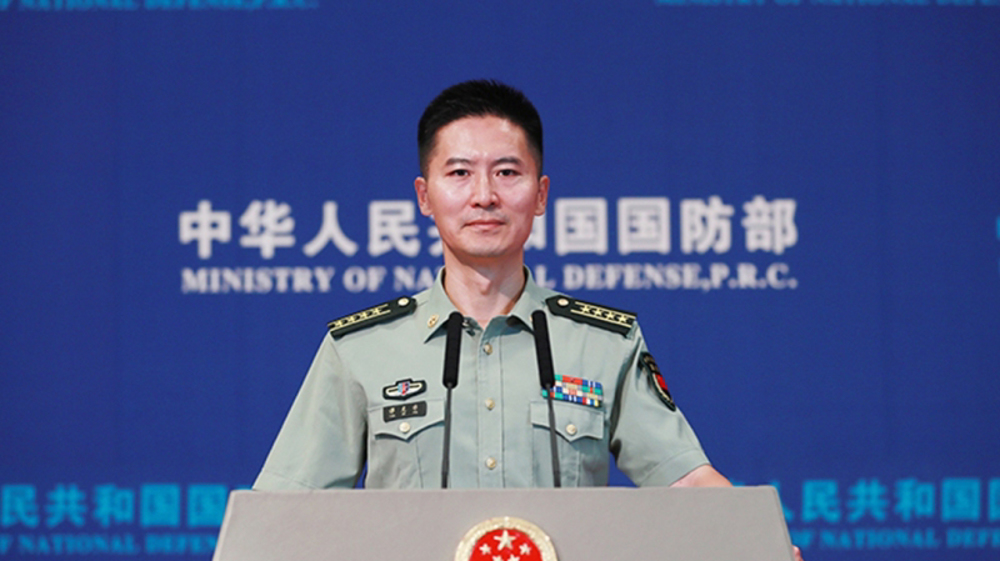
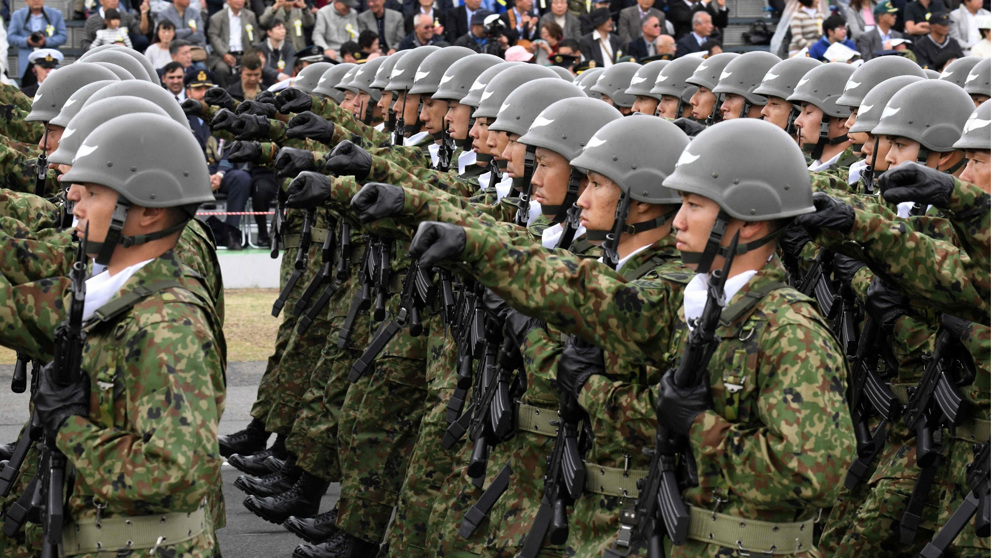




 This makes it easy to access the Press TV website
This makes it easy to access the Press TV website